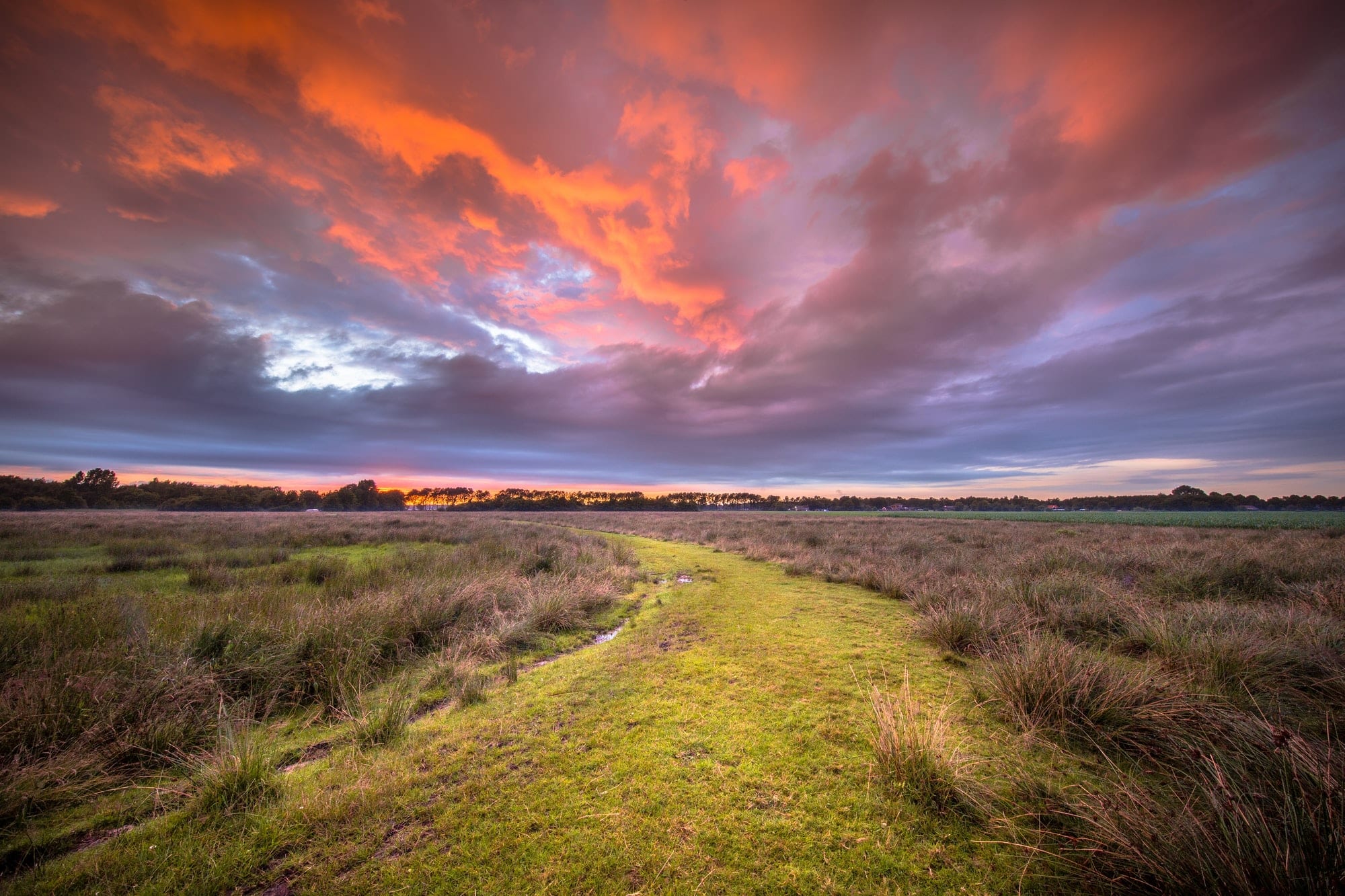How to plan an educational trip about the Industrial Revolution in Birmingham?

As educators and history enthusiasts, you understand the importance of bringing lessons to life. The city of Birmingham, a key player in the Industrial Revolution, provides an enriching backdrop for an educational trip. From its transformative role in the iron industry to its vibrant museums, the Midlands city holds a tale waiting to be explored. This article aims to guide you through planning an engaging, educational visit to Birmingham, focusing on its industrial past.
Step 1: Understanding Birmingham's Industrial History
Before embarking on your journey, it's crucial to understand the city's history and what makes it a vital site for industrial studies. The city of Birmingham, located in the West Midlands region of England, was a significant center during the Industrial Revolution. With a rich history in iron production and other industries, Birmingham's transformation from a market town to an industrial powerhouse provides a tangible link for students studying this period.
A lire en complément : A smart guide to buying colosseum tickets in 2024
The city was known as 'the workshop of the world' due to its wealth of industries, producing goods from guns and jewelry to iron products. Its canal network, developed to transport these goods, is a testament to this era and still winds through the city today.
Birmingham's industrial past is not only about production and commerce. It was also a hub for scientific discovery and invention, with renowned scientists and inventors hailing from the city. A trip to this city offers a unique opportunity to learn about the intersection of science, industry, and history.
Sujet a lire : Do you need tickets to the vatican? explore your options!
Step 2: Choosing Your Birmingham Destinations
Birmingham is home to an array of museums and historical sites that shed light on the city's industrial past. Depending on your educational focus, you might choose to visit different places.
Birmingham Museum and Art Gallery
Start your tour at the Birmingham Museum and Art Gallery, which houses a vast collection of art, history, and archaeology. It includes galleries dedicated to Birmingham's history, where students can explore the city's transition into an industrial hub. Don't miss 'The Birmingham History Galleries,' which chronicles the city's history from the medieval times to the present day, including the industrial revolution.
Museum of the Jewellery Quarter
Birmingham's Jewellery Quarter was once the center of the world's jewelry trade. Visiting the Museum of the Jewellery Quarter provides an insight into the city's craftsmanship and commerce during the industrial revolution.
Thinktank, Birmingham Science Museum
With more than 200 hands-on displays on science and technology, Thinktank is a must-visit. Its Birmingham's industrial heritage gallery showcases steam engines and other machinery, providing a glimpse into the city's manufacturing past.
Step 3: Incorporating Outdoor Activities
While museums provide a wealth of information, incorporating outdoor activities can make your trip hands-on and interactive. Birmingham offers several locations where students can experience the city's history first-hand.
Birmingham Canals
The city's canals, once the lifelines of its industries, provide a glimpse into its industrial past. A guided canal tour can offer historical insights and highlight the significance of these waterways during the industrial revolution.
Black Country Living Museum
About a 30-minute drive from central Birmingham, this open-air museum recreates life in the Black Country during the industrial revolution. It includes historic buildings, live demonstrations, and a chance to experience what life was like in an industrial town.
Step 4: Preparing Educational Materials and Activities
To maximize the educational impact of your trip, it is advisable to prepare materials and activities related to your visit. This could include fact sheets about various sites, a scavenger hunt or a quiz related to the industrial revolution. Encourage students to take notes during the visit, which can later be used for classroom discussions.
Step 5: Logistics and Practicalities
Finally, remember to take care of logistical aspects. Book your tickets in advance, arrange transportation, and plan meals. Ensure that the trip is accessible to all students and that everyone understands what to expect. Keep your day flexible to allow for unplanned learning opportunities, and don't forget to leave room for some fun!
Whether you're a school planning an educational trip or an individual seeking knowledge, Birmingham offers a captivating look at the industrial revolution. By understanding its history, choosing your destinations, incorporating outdoor activities, preparing educational materials, and taking care of logistics, your visit to Birmingham can be an enlightening journey into the past.
Step 6: Supplementing Your Visit with Additional Educational Attractions
In addition to the traditional sites linked to Birmingham’s industrial past, the city also offers a variety of other educational attractions that can complement your visit. You can introduce students to different facets of Birmingham’s culture, science, and history.
Warwick Castle, for example, is an important historic monument, which is only a short drive away from the city. With its roots dating back to medieval times, the castle provides an excellent opportunity for students to compare different historical periods.
Birmingham Botanical Gardens is another must-see destination. These beautiful gardens not only offer a tranquil break from the city’s industrial sites but can also provide excellent educational opportunities. Students can learn about different plant species, the importance of conservation, and the evolution of gardening trends over time.
For a different perspective on the city's history, the Mailbox Birmingham is a reconverted postal sorting office turned into a shopping center. This transformation signifies the city's transition from industrial prowess to a modern, retail-focused economy. It's an excellent example of how cities adapt and change over time.
A trip to the Bullring & Grand Central, one of the UK's largest shopping centres, can serve as a real-life lesson in modern commerce and consumerism. Here, students can contrast the modern retail industry with the manufacturing and trade industries prevalent during the industrial revolution.
The Vulcan Park Museum would be the perfect stop for those interested in the iron industry. The museum is home to the world's largest cast iron statue and offers informative exhibits on Birmingham's iron industry.
Step 7: Conclusion: Reflecting on the Educational Trip
After the field trip, it's essential to make time for reflection. It's a chance for students to process what they've seen and learnt. You might consider a group discussion, individual reflection journals, or a creative project to consolidate learning. These activities will help students understand the broader implications of the industrial revolution and its legacy in the west midlands, specifically in Birmingham.
In addition, you may want to encourage students to share their experiences and learning with their parents, classmates, or even on social media. This can foster a sense of community and shared learning, extending the impact of the field trip beyond the students who participated.
Finally, as an educator, it's important to reflect on the success of the school trip. What worked well? What didn't? How can future trips be improved? This reflection process is crucial in ensuring future school trips are even more successful.
Birmingham, with its rich industrial heritage and diverse attractions, offers ample opportunities to learn about the industrial revolution in a dynamic, real-world setting. By combining visits to historical sites, engaging in hands-on outdoor activities, exploring additional educational attractions, and taking time to reflect, students can gain a deep, multifaceted understanding of this transformative period. An educational trip to the city is a valuable experience, bringing history to life and fostering a lasting interest in the past.
